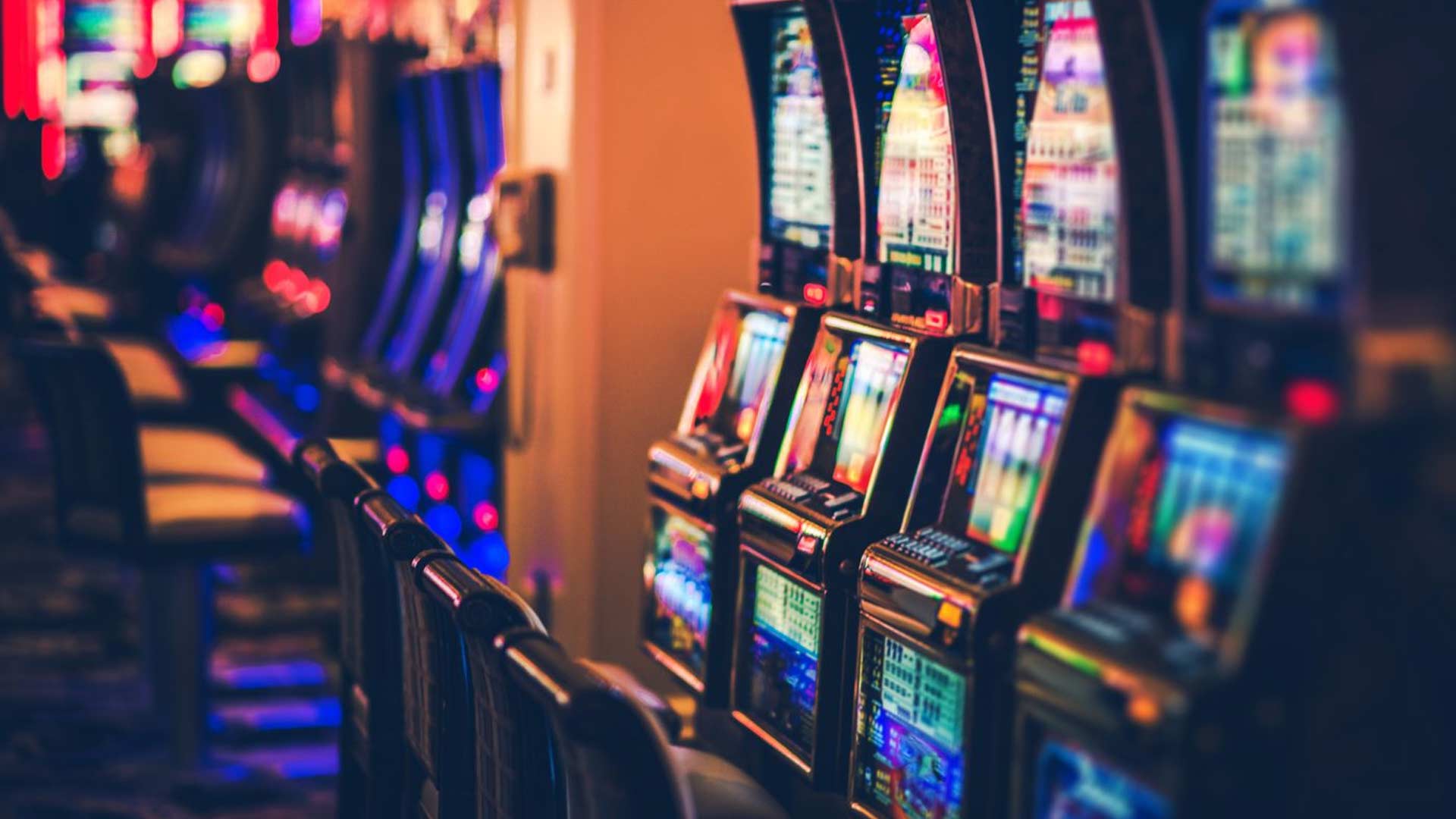Casinos and the Obsession With Winning

Casinos and the Obsession With Winning
The glittering lights, the symphony of slot machines, the hushed intensity around a poker table – casinos have always held a unique allure, captivating millions with the promise of life-altering wins. From the opulent resorts of Las Vegas to the burgeoning m88 octo slot online platforms, the gambling industry thrives on a fundamental human desire: the desire to win. But what drives this obsession, and what are its consequences?
At its core, the fascination with winning is deeply rooted in our psychology. The act of gambling triggers a rush of dopamine, the brain's "reward" chemical, creating a feeling of excitement and anticipation. This chemical surge is often more potent during near misses or even small wins, reinforcing the behavior and compelling players to continue. The intermittent nature of reinforcement – not knowing when the next win will come – paradoxically makes the experience more addictive. It creates a powerful feedback loop, where the pursuit of that elusive big win overshadows the reality of the odds.
Many gamblers also fall prey to the illusion of control. Despite games of chance being inherently random, players might develop superstitious rituals, intricate betting systems, or believe they have a "hot hand" that can influence outcomes. This cognitive bias, where individuals overestimate their ability to predict or control random events, fuels the obsession. They might misinterpret streaks of luck as skill, leading them to bet more aggressively in pursuit of continued success, often digging themselves deeper into a losing spiral.
The bright side of casino entertainment, when enjoyed responsibly, is undeniable. For many, it's a form of leisure, a thrilling escape, or a social activity. However, the line between entertainment and obsession can quickly blur. What starts as a casual flutter can escalate into compulsive gambling, a serious addiction that impacts not only the individual but also their families, finances, and mental well-being. The pursuit of the win becomes a desperate attempt to recoup losses, leading to a vicious cycle of chasing money that is already gone, often resulting in significant debt and emotional distress.
Casinos are masterfully designed environments that capitalize on this human psychology. The absence of clocks and windows, the readily available alcohol, the free perks for high rollers, and the constant stimulation from lights and sounds are all strategically employed to encourage extended play. Games like slot machines, with their vibrant graphics and enticing sound effects, are engineered for maximum engagement and near-miss frequency, keeping players on the edge of their seats, convinced that the next spin could be "the one."
Understanding the psychological underpinnings of the obsession with winning is crucial for both players and society. While the thrill of hitting a jackpot is exhilarating, it's paramount to approach gambling with a clear understanding of the risks involved. Responsible gambling practices, such as setting strict budgets, knowing when to walk away, and recognizing the signs of problem gambling, are essential. Casinos can offer legitimate entertainment, but the fantasy of instant wealth should never overshadow the reality of the odds and the potential for devastating consequences.
Ultimately, the magnetic pull of casinos lies in the tantalizing possibility of winning big. It taps into primal desires for reward, excitement, and escape. For some, it remains a harmless pastime, a brief flirtation with fortune. For others, however, the obsession with winning transforms into a relentless pursuit, turning what began as entertainment into a profound and destructive struggle against the house, and ultimately, against themselves.